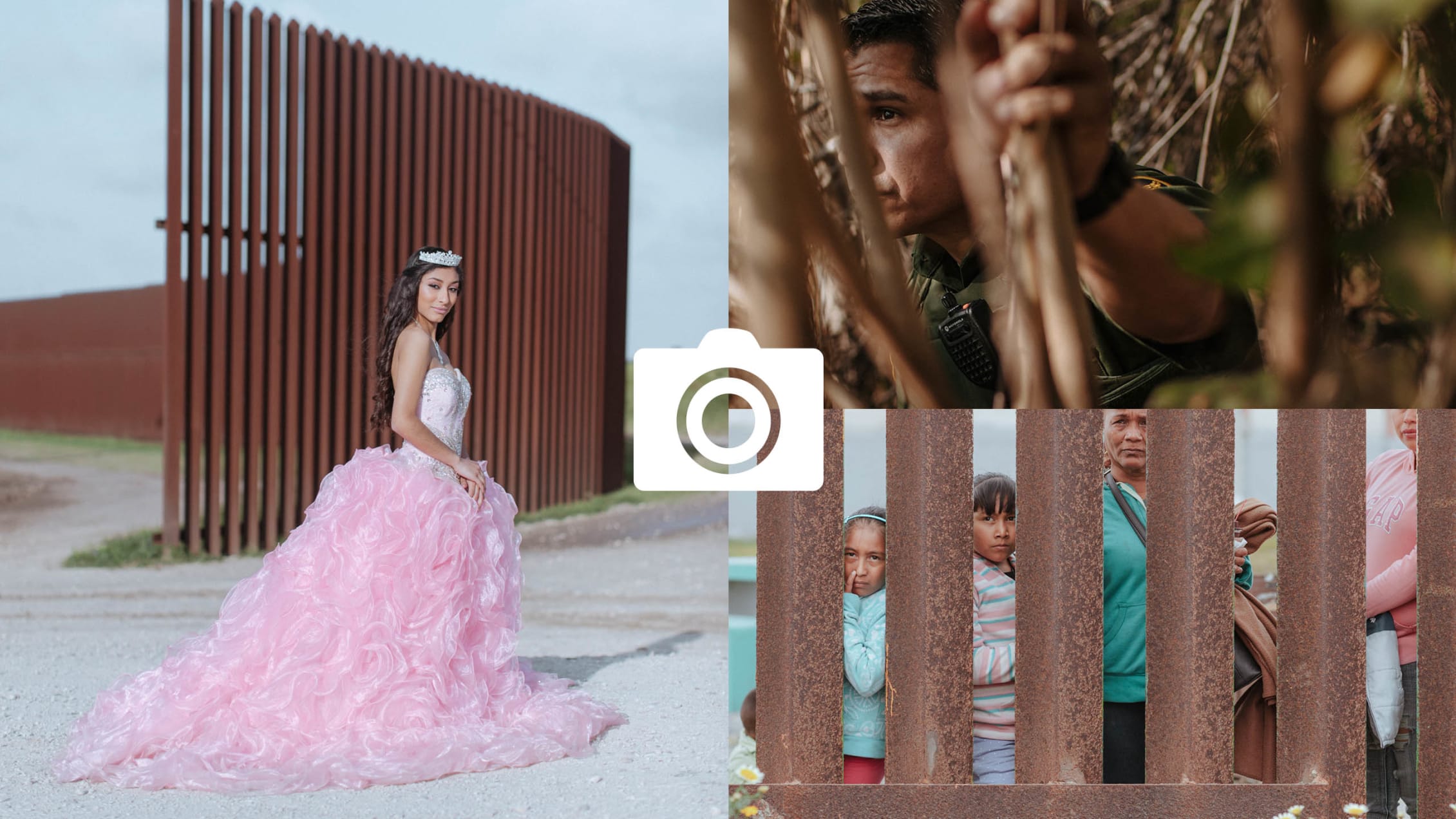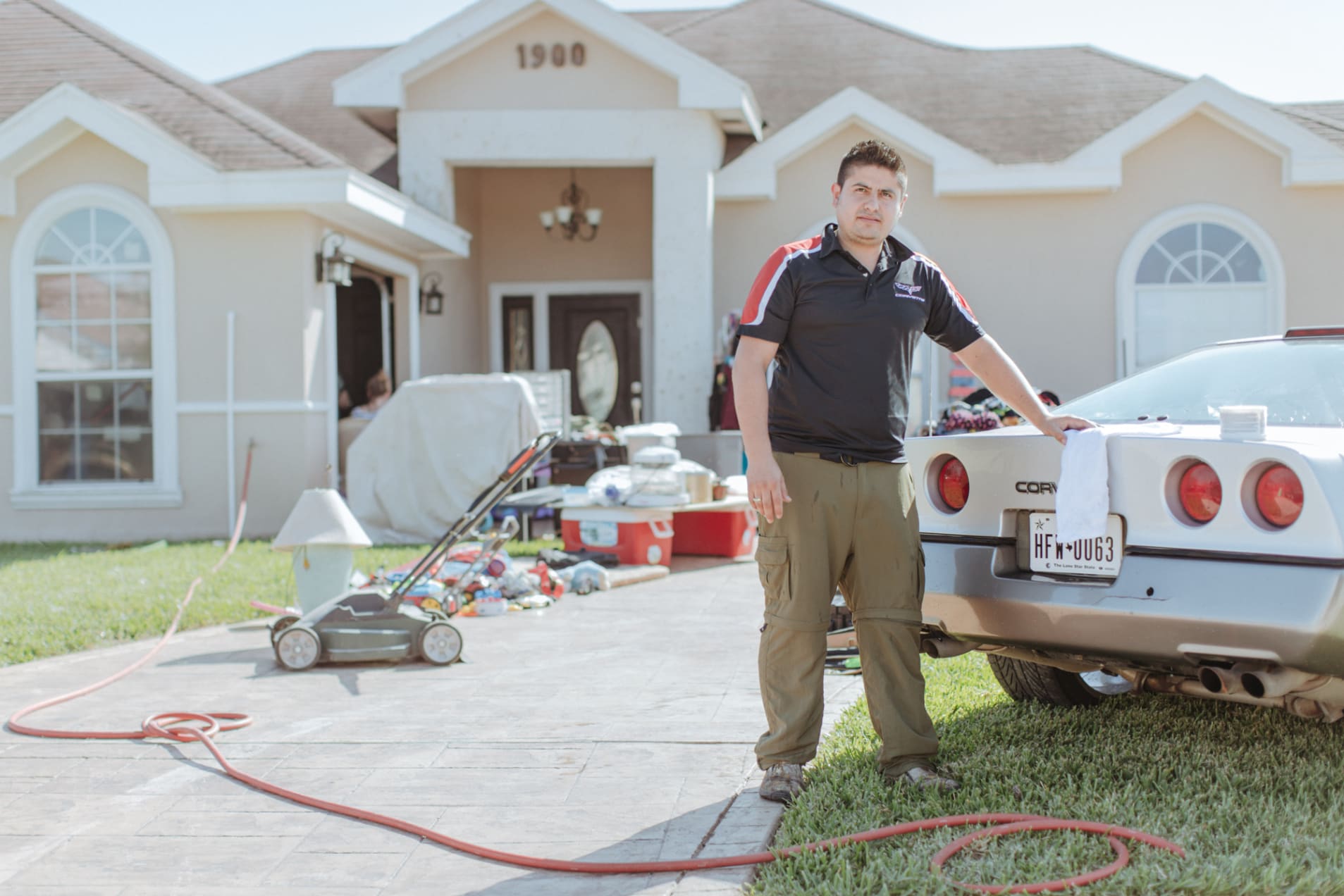

Photos Courtesy Elliot Ross
1/16
The majority of Americans know everything about the border, and nothing at all.
As refugees are herded into El Paso parking lots—and as Trump continues to clamor for his wall—the political battle at the border seems as endless as it is relentless. At the same time, the unique reality of life in the borderlands—its practical exigencies, daily rituals, and social dynamics—for many still remains a mystery.
For those who actually do live on the border, things are just as paradoxical.
Life goes on, as can be seen in photographer Elliot Ross’ images, albeit irreversibly altered. Along with artist and critic Genevieve Allison, Ross set out in February 2017 on a five-month journey to travel the length of the border, taking photos and collecting stories along the way. The resulting book, American Backyard, forms a multifaceted portrait of a territory that eludes any one depiction.
People play mini-golf; girls celebrate quinceañeras; men wash cars. Meanwhile, what already exists of the wall towers overhead; CBP officers crouch hidden in tall grass; immigrants risk their lives to come to America. At times the border is accepted and at others it is not: often it goes ignored.
Speaking to The Daily Beast, Ross and Allison describe meeting a CBP officer whose own mother had crossed the border illegally. “He just mentioned that off-hand when he was dropping us off,” Allison said. “But that's also something that's not very surprising to people who live in the borderlands.”
Allison explained that within many of the communities the pair visited, either due to economic constraints or political idiosyncrasies, “there is this crossover, or this gray area, where people know that maybe their uncle works for the CBP, but some extended family or neighbors might have crossed the border illegally at some point, or has family that have done so.”
"The point being that this relationship with the CBP is pretty destructive to the cohesion of the societal fabric in the borderlands because of this reticence to talk to your neighbors or family," Ross added.
Still, there are more pressing issues.
"One thing we came to realize pretty quickly,” Ross said, “was that the border itself and its infrastructure—that issue and its relevance—pale in comparison to the other issues that [people there] face on a daily basis, and that are very familiar to marginalized communities, whether that be a lack of access to healthcare and education, low standards of government aid, or any sort of federal assistance that I think a lot of communities beyond the border take for granted. These are communities that are amongst the poorest in the country.”
For those who live at the border, then, perhaps the most crucial paradox is, as Ross explained, that “the federal government—though they won't help the community—is willing to spend upwards of $12 million a mile to build something that has mediocre efficacy. I think there's a significant resentment that comes from that fact.”
American Backyard will be released in May. The book’s publisher, Gnomic Book, has launched a Kickstarter campaign to secure funding.
